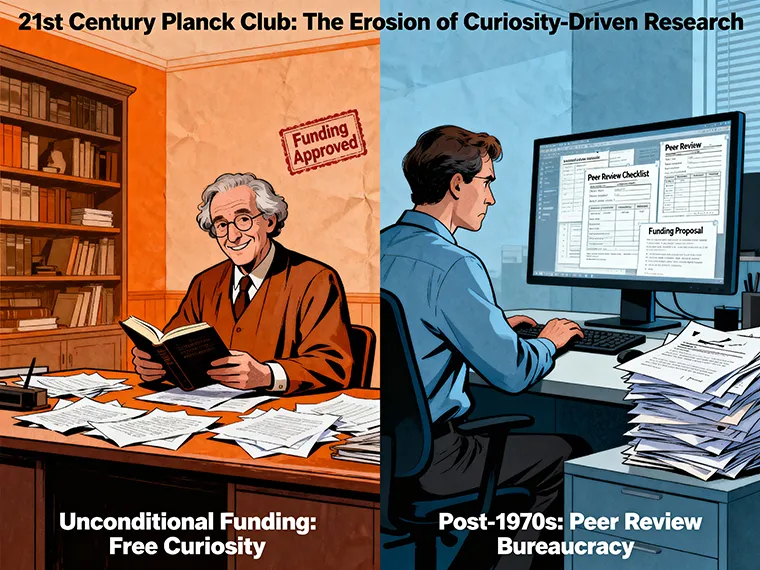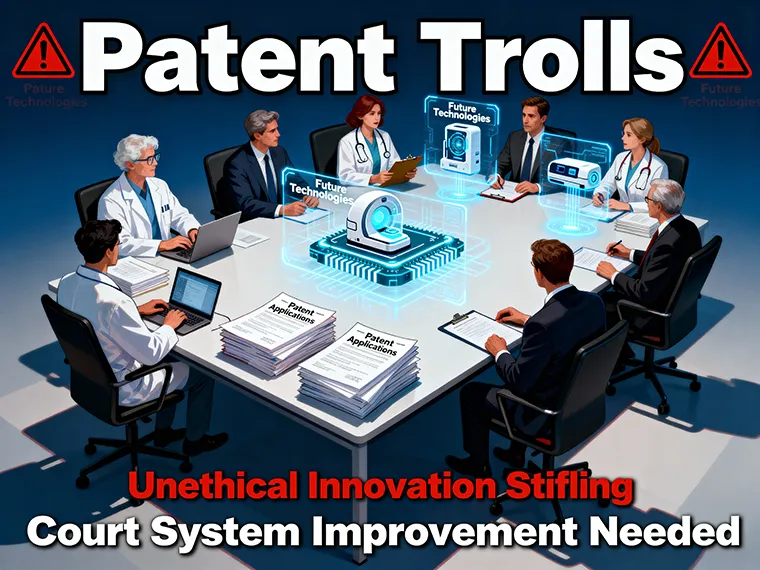Lifeboat Foundation ScientificFreedomShield
By Laszlo Kish, Marty McCrea, and other members of our Scientific Advisory Board. This is an ongoing program so you may submit suggestions to programs@lifeboat.com.
Overview
In 1987, The American economist Robert M. Solow won the Nobel Prize for Economics when he proved that some 90% of economic growth stems from “technical change”, as he called it, rather than the trinity of capital, resources, and labor as had previously been assumed when he started work in the 1950s. Nowadays, the most reliable route to technical change is through science.
One might expect, therefore, that the-powers-that-be would be careful to preserve the sources of new science. Instead, they increasingly subject them to ill-considered constraints designed to enhance efficiency and accountability. The consequences of these actions could threaten the very future of civilization.
21st Century Planck Club

Before about 1970, tenured academics were usually endowed with modest funding so that they could tackle any problem that interested them without reference to anyone. Academics could therefore readily satisfy their curiosity free from external constraints. Many industrial scientists were similarly free. Consequently, there was no need to distinguish Blue Skies Research from other types of research. Creativity already had maximal support.
After that approximate date, however, unconditional sources of funds became increasingly difficult to find. Today, they are virtually nonexistent. For the first time in science’s long history, researchers must now submit their proposals in writing to a funding agency. In turn, the agencies then routinely subject them to an arcane set of tests — peer review — designed to flag what they perceive as the best, expecting thereby that the rest will probably be lost.
These well-intentioned changes have created lumbering bureaucracies to ensure compliance. They have also inhibited challenges to convention and exploration outside the mainstream. This is most unfortunate because the great discoveries that transformed the 20th century came out of the blue. There was no demand for them.
Since really original ideas have a low chance to get any funding, people who want money are forced to follow mediocre mainstream buzzword research in order to keep food on their table.
The work of such great scientists as Planck, Einstein, Rutherford, Fleming, Avery, Perutz, Crick and Watson, Townes, McClintock, Black, and perhaps about 300 more of similar calibre — we call them the Planck Club — transformed the 20th century, and spawned huge levels of economic growth. Life without them would be unthinkable.
Nevertheless, their would-be successors are now unlikely to get funded because their radical ideas are unlikely to impress their peers before they have been confirmed. Consequently, there has been a dearth of major scientific discoveries in recent decades. We are living off the seed corn. That can only have one outcome.
If civilization is to survive, it is vital that we begin to create a 21st century Planck Club. We cannot know, of course, what major discoveries they might make. There is therefore an urgent need to establish Blue Skies Research initiatives that would be worthy of the name. The concept of Blue Skies can surely only have meaning if the research it enables is totally free from external constraint. This means that selection procedures must pass what we call the Planck Test, that is it could reasonably be assumed that they would have led to the support of Planck Club members when they were starting out.
Patent Trolls

There are companies that exist today that are “patent trolls”. They gather scientists, researchers, medical specialists, and investors into one room and they theoretically invent technologies that will not exist for number of years. Then they patent these ideas for future patent infringement litigation. This is obviously unethical and stunts the innovation of the human race.
It is time for the court system to be improved to thwart the “patent trolls” who are impeding scientific freedom.